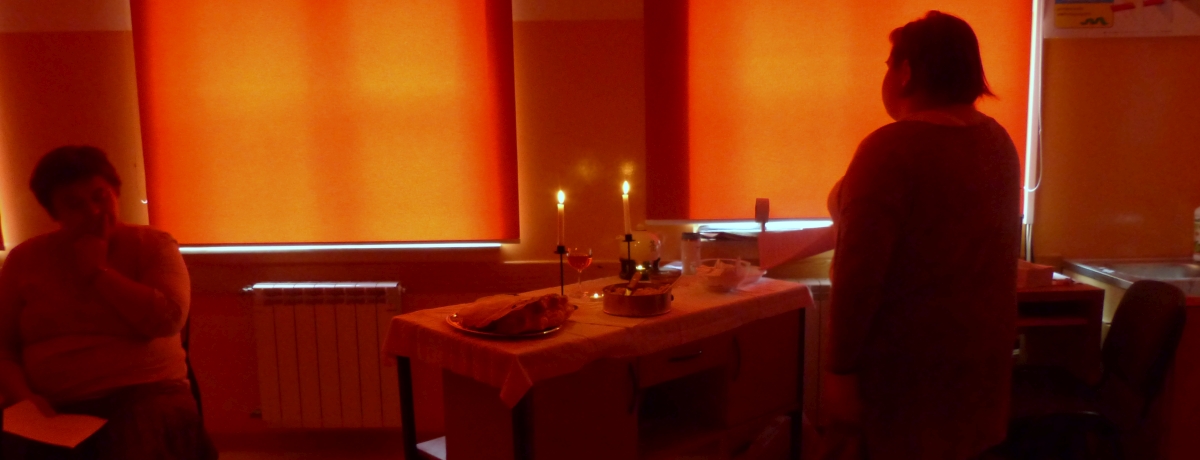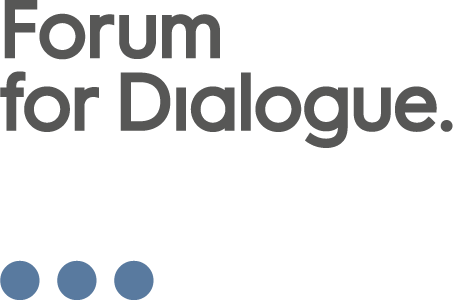I owe my “Jewish interest” to Irena Sendler and my being a night owl. One evening I was watching TV when completely by accident (I know I should be ashamed…) I watched a story about a group of American teenagers who discovered a Polish female hero for the rest of the world. I was extremely moved – the image of a humble old lady contrasted with the greatness of her courage, the joy and vivaciousness of the girls coupled with cheerfulness of Mrs. Sendler. As I was watching, I could not stop thinking why, for heaven’s sake, Polish teenagers do not know about this person, why I myself – their teacher – never tell them about her?
I started reading about Irena Sendler and then about other Polish Righteous Among Nations – Henryk Sławik, the Ulma family, Jan Żabiński and his wife Antonina. At the time, I was mostly interested in those who were saving lives rather than in those who were saved – to me, the latter were still nameless victims, without faces nor names. Again, this changed thanks to Irena Sendler. Her stories about her Jewish friend Ewa moved me deeply. So did her levelheaded account of her heroic struggle for her own survival in the Warsaw ghetto as well as that of the group children under her care. This was what sparked my interest in Jewish history. Today, Jews to me are not just victims of the Holocaust, but also an inspiring nation we share our history with.
I pursued my interests inspired by the schoolchildren I teach. A few years ago, my paths crossed with those of Hubert, Filip, Kajetan and Kazik, four “unusual” middle school students. It turned out that three of them became interest in Błonie’s Jewish cemetery already in elementary school; they even tried to intervene at some institution in an attempt to protect the site.





